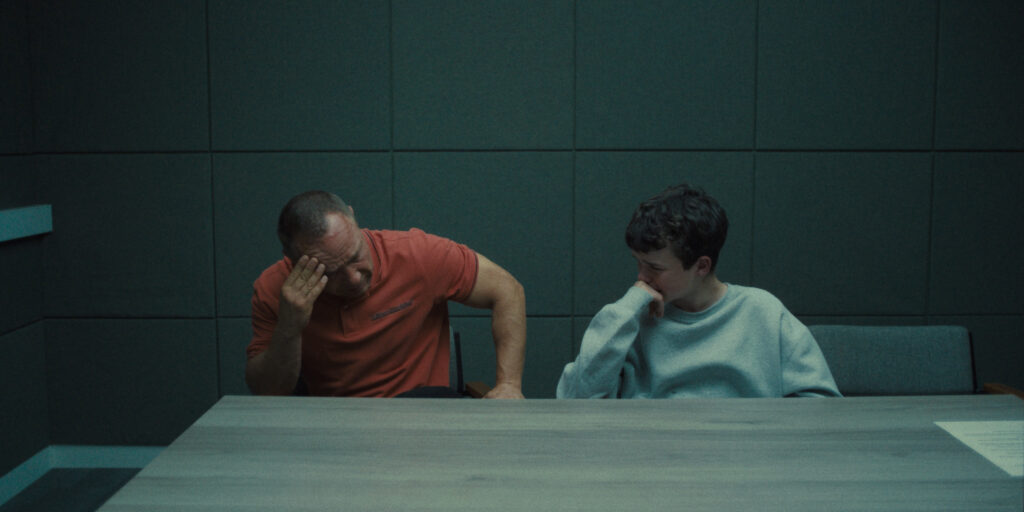You can’t just show Adolescence and hope for the best

Llinos Dafydd
There’s been a lot of talk recently about screening Netflix’s Adolescence in schools. On the surface, it sounds like a bold, progressive step – a raw, unfiltered look at exploitation and abuse, shared with young people to raise awareness and spark honest conversations.
I was raped when I was fourteen. Not at school — but school was where I had to carry on as if nothing had happened. That’s why I feel deeply uneasy about the way this is being handled. Because I know what it’s like to sit in a classroom with a storm inside you, and no one noticing.
This isn’t about avoiding difficult topics. Quite the opposite. I want every teenager in Wales to understand coercion, grooming, consent and power. I want these things talked about, challenged and unpicked in safe, supportive spaces. But throwing traumatic content onto a screen without the right structure around it isn’t brave – it’s reckless.
For someone in that classroom, watching Adolescence won’t just be uncomfortable. It could be devastating. It might bring memories crashing back. It might trigger a panic attack, disassociation, or a feeling of numbness that lingers for hours or days. It might unlock something they’ve never spoken about. And there’s a good chance they’ll be expected to sit quietly, go to their next lesson and carry on like nothing happened.
We risk:
- Triggering trauma in pupils who have never disclosed their abuse
- Surfacing painful emotions without any professional support available
- Asking teachers – brilliant, committed but already stretched thin – to handle complex mental health responses
- Causing more confusion, fear or shame for the very young people we’re trying to empower
This isn’t about banning the documentary. It’s a powerful piece of work. But power needs to be held carefully. Context is everything. So is consent. So is care.
Used well – with proper preparation, follow-up and clinical support – a film like Adolescence could open doors to important conversations. But used poorly, it could retraumatise the most vulnerable pupils in the room.
What we need is a trauma-informed approach:
- Trained professionals in the room when the film is shown
- A clear opt-out for students – no one should be forced to sit through it
- Follow-up sessions, signposting and time to process
- Long-term investment in safeguarding, staff training and pastoral support
Safeguarding issue
Let’s be honest: this is a safeguarding issue. And we cannot afford to get it wrong.
Teachers are incredible – but they’re not therapists. They cannot be expected to carry the emotional aftermath of content like this, especially when so many schools are already battling underfunding, staff shortages and rising demand for mental health support.
If we’re serious about tackling exploitation, abuse and toxic gender dynamics in schools, then we have to be serious about how we do it. Quick fixes and headline-friendly gestures aren’t enough.
As a survivor, I know how damaging one careless moment can be. There’s a thin line between education and re-traumatisation — and I know what it feels like when that line is crossed.
Let’s do this properly. Let’s protect our young people. Let’s not confuse awareness with action.
Because lives depend on us getting this right.
Support our Nation today
For the price of a cup of coffee a month you can help us create an independent, not-for-profit, national news service for the people of Wales, by the people of Wales.






This is one of the best articles I have ever seen written on this subject. The author has shown how superficial the ‘show them a film’ approach is to dealing with the complex issue of trauma. I hope those in authority are reading this and taking notes.